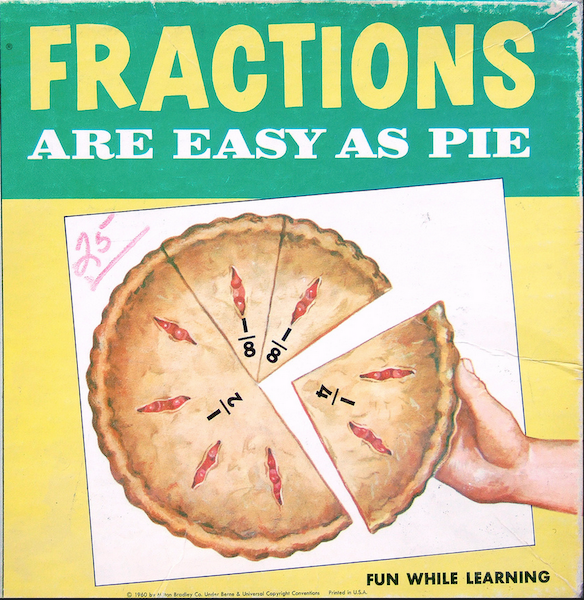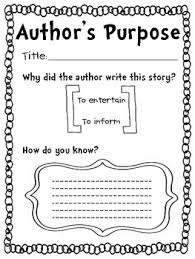The Mathematics section of the SAT asks students to solve problems with pre-algebra, algebra, geometry, probability, and data analysis from charts and graphs. The SAT does not test advanced math like trigonometry, pre-calculus, or calculus. Students who have taken a high school level algebra class and geometry class likely have sufficient familiarity with the tested concepts to sit for the SAT. Those who have less familiarity with these concepts in their general education will likely benefit from self-teaching with SAT preparation materials.
SAT Math - PrepScholar 2016 Students' Encyclopedia
You might have heard about the federal Pell Grant and have some idea that it helps you pay for college. But you might not know the details, like how much you can get, whether you qualify, and how to apply.
If you're looking for information financial aid, you should definitely learn about the Pell Grant. This annual award is given by the federal government to students who need help paying for college—if you meet all eligibility criteria, you're guaranteed to receive the money. Sounds like a great deal!
Inference Questions in ACT Reading: Strategies + Practice
Questions that ask you about what information can be inferred from a line or series of lines on ACT Reading comprise about 15% of ACT Reading questions (based on my analysis of 4 publicly available ACTs). In order to answer these inference questions correctly, you must be able to understand what is written in the text and take one tiny, logical step beyond what is directly stated.
But how are inference questions asked, and what ACT Reading strategies can you use to answer them? Keep reading to find out and prep for this important question type!
Macro Logic in ACT English: Sentence and Paragraph Order
Macro logic questions on ACT English ask you to determine where to properly place sentences within a paragraph and where to properly place paragraphs within a passage. These rhetorical skills questions test your ability to analyze sentences and determine how to most logically organize a passage. Knowing how to recognize and using my top ACT English strategies to approach these questions will enable you to correctly answer them in an efficient manner.
The SAT is one of two major tests used for admission to 4-year colleges and universities in the United States. Colleges selecting for academic ability often use the SAT, or its counterpart, the ACT, as a critical factor when deciding whether or not to grant admission to prospective students.
Complete Guide to Fractions and Ratios in ACT Math
Fractions and ratios (and by extension rational numbers) are all around us and, knowingly or not, we use them every day. If you wanted to brag over the fact that you ate half a pizza by yourself (and why not?) or you needed to know how many parts water to rice you need when making rice on the stove (two parts water to one part rice), then you need to communicate this using fractions and ratios.
In essence, fractions and ratios represent pieces of a whole by comparing those pieces either to each other or to the whole itself. Don’t worry if that sentence makes no sense right now. We’ll break down all the rules and workings of these concepts throughout this guide--both how these mathematical concepts work in general and how they will be presented to you on the ACT.
Whether you are an old hat at dealing with fractions, ratios, and rationals, or a novice, this guide is for you. This guide will break down what these terms mean, how to manipulate these kinds of problems, and how to answer the most difficult fraction, ratio, and rational number questions on the ACT.
Complete Breakdown of Every ACT Reading Question Type
It’s helpful to know how much certain types of questions show up on the ACT Reading section in order to make the most of your studying. We’ve collected data from publicly available ACT tests on the types of questions that show up most frequently.
In this article I’ll go through the different question types, how much they show up on the test, and how this information can help you.
Plugging in Numbers: A Critical SAT/ACT Math Strategy
As we mentioned in our math strategy article on plugging in answers, neither the SAT nor the ACT measures how you arrived at your answer. On standardized tests, all that matters is whether your answer is correct or not. There is no such thing as partial credit on a standardized test and no one is looking over your shoulder to see if you solved the question the “proper” way.
This means that finding the right answer—no matter the process—is the only thing that matters. And there are plenty of short-cut techniques you can use to find that correct answer without the need to create and solve complex equations. This guide will take you through the strategy of plugging in your own numbers, one of simplest processes for working out the answers to several different kinds of standardized math questions.
In this guide, we’ll give you a complete walk through on the strategy of plugging your own numbers (PIN) for math questions. We’ll go through the whys, hows, and, most importantly, whens of using PIN your standardized test(s), as well as take you through several real SAT and ACT practice problems. The other best strategy for working around problems—plugging in the answers—is covered in a separate guide.
You’ve taken the PSAT and gotten your score report, but what’s next?
This is a guide as to how to interpret and use your PSAT score to help you prepare for the SAT. Read on to make the most of your PSAT score.
Strategies for Improving Sentences on SAT Writing
Improving sentences is the biggest subsection in SAT Writing. There are 49 total multiple choice questions on the SAT Writing section, and 25 of those are improving sentences questions. Arming yourself with specific strategies to answer these questions will be extremely beneficial to you and your SAT Writing score.
Get excited for this article all about verbs!!! Tenses!! Gerunds!! Infinitives!! In my next article, I may write about not overusing exclamation points!!!
Extreme punctuation aside, knowing when to use different verb tenses and forms will be extremely beneficial to you on the SAT Writing section, since these concepts are tested repeatedly on the SAT. There’s a lot of information in this article, but I promise that it’s all valuable and knowing it will help you maximize your SAT score.
Generally, ACT English tests two things: grammar and reading comprehension. Author main goal is a specific type of reading comprehension question that appears frequently on the ACT. Having a systematic approach to correctly answer these questions will boost your score and help you maximize your limited time to complete the ACT English section. Read this article for a thorough explanation of and guidance on how to figure out author main goal questions.
How Does ACT Superscoring Affect Your Test Strategy?
Many colleges now use Superscoring for ACT scores as well as SAT scores. It’s important to know whether the schools where you’re planning to apply use Superscoring and how you can take advantage of this policy to demonstrate your best performance on the ACT.
In this article I’ll give a brief overview of Superscoring and tell you what it means for you in terms of your testing plan.
If you just got your ACT scores back, you’re probably wondering about the process of score reporting for college. "Score Choice" is technically more associated with the SAT Score Choice program, but the ACT has a similar policy for its own test score reporting. It will allow you to feel much less stressed about results from individual test dates and instead focus on how to improve in the future.
In this article, I’ll go over what Score Choice is and what it means for your ACT testing strategy.
If you're a student who wants to leave no stone unturned as you prep for the SAT, then this SAT preparation book guide is for you. These are the best SAT books for students committed to devoting significant time, like 100 or more hours, to get ready for this important test.
The recommendations on this book list go beyond a general review of the SAT and provide the skills, strategies, and insights you need to get a top score. Before diving into the SAT book list, let's consider an important question: are books the most effective way to study for the SAT?
























